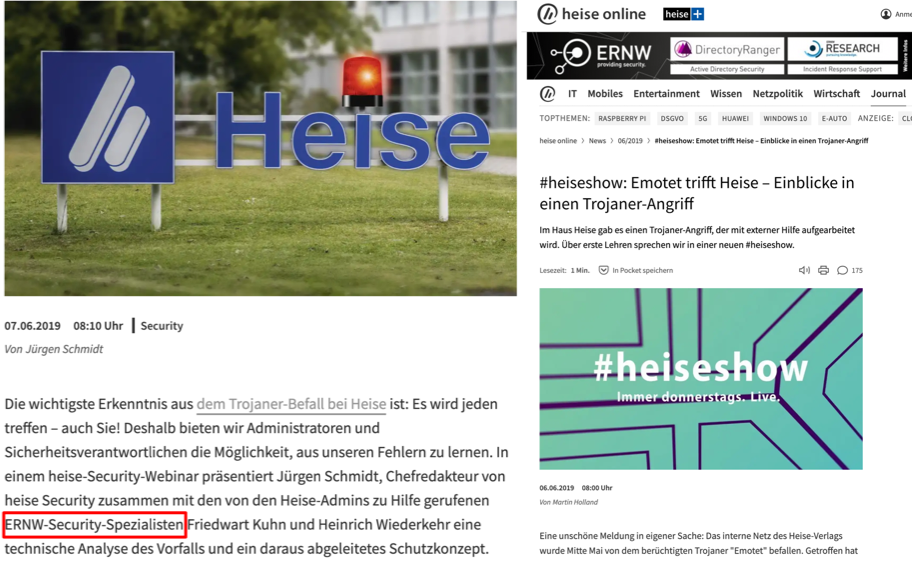During security assessments we sometimes obtain access to a restricted shell on a target system. To advance further and gain complete control of the system, the next step is usually to break out of this shell. If the restricted shell provides access to certain system binaries, these binaries can often be exploited to perform such a break out. Here we would like to show an interesting example of such a break out by using the tcpdump binary. Continue reading “How to break out of restricted shells with tcpdump”
Continue readingMonth: July 2019
LibreOffice – A Python Interpreter (code execution vulnerability CVE-2019-9848)
While waiting for a download to complete, I stumbled across an interesting blogpost. The author describes a flaw in LibreOffice that allowed an attacker to execute code. Since this was quite recent, I was interested if my version is vulnerable to this attack and how they fixed it. Thus, I looked at the sources and luckily it was fixed. What I didn’t know before however was, that macros shipped with LibreOffice are executed without prompting the user, even on the highest macro security setting. So, if there would be a system macro from LibreOffice with a bug that allows to execute code, the user would not even get a prompt and the code would be executed right away. Therefor, I started to have a closer look at the source code and found out that exactly this is the case!
Continue reading “LibreOffice – A Python Interpreter (code execution vulnerability CVE-2019-9848)”
Continue readingTroopers 19 – Badge Hardware
This post by Jeff (@jeffmakes) was delayed due to interferences with other projects but nevertheless, enjoy!
This year, it was my great honour to design the hardware for the Troopers19 badge.
We wanted to make a wifi-connected MicroPython-powered badge; something that would be fun to take home and hack on. It was a nice opportunity to use a microcontroller platform that I hadn’t tried before. I also used the project as a chance to finally migrate my PCB workflow from Eagle to Kicad. Inevitably it was a painful transition, which resulted in quite some delay to the project as I floundered around in the new tool, but it does mean the design files are in an open format which I hope will benefit the community of Troopers attendees and future badge designers!
Continue reading “Troopers 19 – Badge Hardware”
Continue readingEmotet at Heise, Emotet there, Emotet everywhere – Dissection of an Incident
After the Emotet Incident at Heise, where ERNW has been consulted for Incident Response, we decided to start a blogpost series, in which we want to regularly report on current attacks that we observe. In particular we want to provide details about the utilized pieces of malware, different stages, and techniques used for the initial infection and lateral movement. We hope that this information might help you to detect ongoing incidents, apply countermeasures, and in the best case to figure out proactive countermeasures and security controls beforehand.

Continue reading “Emotet at Heise, Emotet there, Emotet everywhere – Dissection of an Incident”
Continue readingMultiple Vulnerabilities in innovaphone VoIP Products Fixed
Dear all,
innovaphone fixed several vulnerabilities in two VoIP products that we disclosed a while ago. The affected products are the Linux Application Platform and the IPVA. Unfortunately, the release notes are not public (yet?) and the vendor does not include information about the vulnerabilities for the Linux Application Platform. Therefore, we decided to publish some more technical details for the issues. Continue reading “Multiple Vulnerabilities in innovaphone VoIP Products Fixed”
Security Advisories for Cisco ACI
Again, Cisco released security advisories for their software-defined networking (SDN) solution called Application Centric Infrastructure (ACI). As before (see blog post here), the published advisories originated from research performed in our ACI lab. Continue reading “Security Advisories for Cisco ACI”
Continue reading